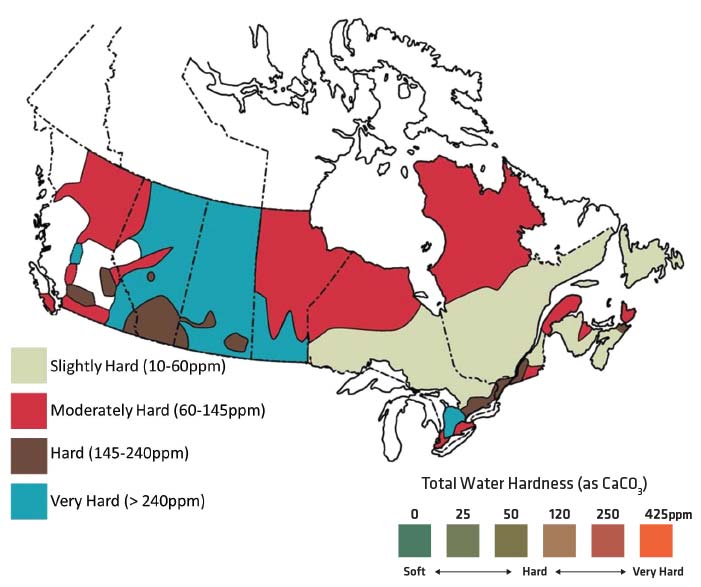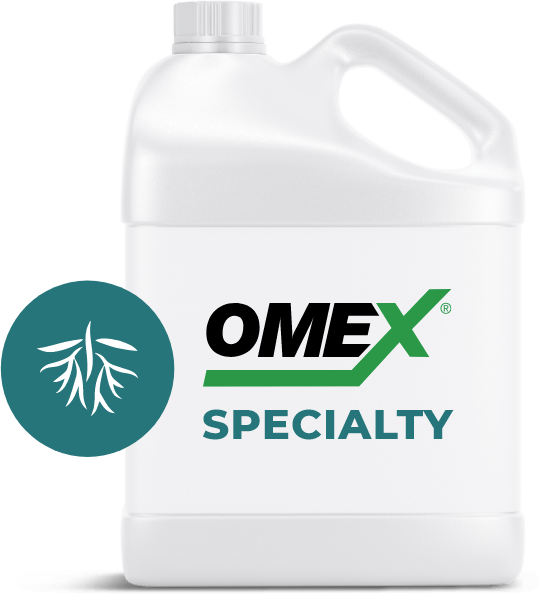
SopHtner95


The In-Crop pH Reducer and Water Softner
What is It?
- SopHtner95 is a soil and water pH conditioner.
- It controls algae and buffers the tank mix spraying solution.
- SopHtner95 is formulated using naturally-occurring organic acids and represents an environmentally sound management tool for lowering alkaline soil conditions.
- It is also safer for in-crop use where acidic conditions are required for better efficacy.
- SopHtner95 acts as a weak chelator improving the efficiency of uptake through the leaves.
- The product is available in 10L jugs, 450L and 1000L IBC’s.
When & Why Use It?
- Hard water often has high pH due to the level of carbonate it contains.
- The continuous application of high pH water tends to increase the pH of the soil.
- Also, many herbicides and fungicides require an acidic solution for better efficacy.
- By adding SopHtner95, hardness of the water can be lowered, which reduces the possibility of soil pH raise.
- SopHtner95 is a pH reducer designed for soil and water applications, where the pH needs to be lowered into a more acidic range.
- Non-Exhaustive List of herbicides often affected in the efficacy of water hardness: 2,4D Amine, Amitrole, Atrazine, Bentazone, Clethodin, Dicamba, Endothal, Fluazifop, Glufosinate Ammonium, Glyphosate, Imazamox, Imazapyr, Imazethapyr, MCPA Amine, Metsulfuron-Methyl, Paraquat, Picloram, Quizalofop, Sethoxydim and Trakoxydim.
What to Expect?
- SopHtner95 reduces the pH of the water and conditions the soil for turf, trees and ornamentals and greenhouse soil mixes.
- The product is safer for use in-crop and to the users more than other pH reducers such as sulfuric acid and ammonium sulfate.
- When adding SopHtner95 to a mixture containing micronutrients, part of these elements can be chelated and made more available to the crop.
Size Options

Tote

10L
Application Guidelines
Warm & Cool Season Turf:
- Apply at 60 – 180 ml in a minimum of 2 US gal water per 1,000 sq. ft (60 – 180 ml per 100 sq meter)
- SopHtner should be applied monthly. The ideal pH range is 6.0 – 6.5.
Trees & Ornamentals:
- Soil Drench: 1L per 100 US gal of tank mix (250 ml per 100 L water)
- Repeat the application every 30 days or as needed. The ideal pH range 5.0 – 6.5.
Greenhouse Growing Media:
- Mix 120 – 180 ml per 1 US gal of water (120 – 180 ml per 4 L water)
- If pH is not sufficiently lowered, continue to adjust pH over several waterings at a rate of 60 – 120 ml per US gal of water.
Hand Watering:
- Mix ½ – ¾ teaspoon per US gal of water
- Saturate soil with solution
All Field Crops:
- Apply 100ml per 10 US gal spray volume
Findings


